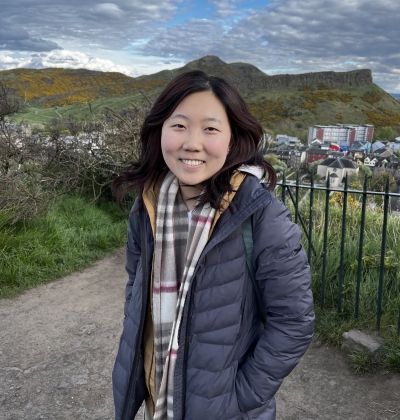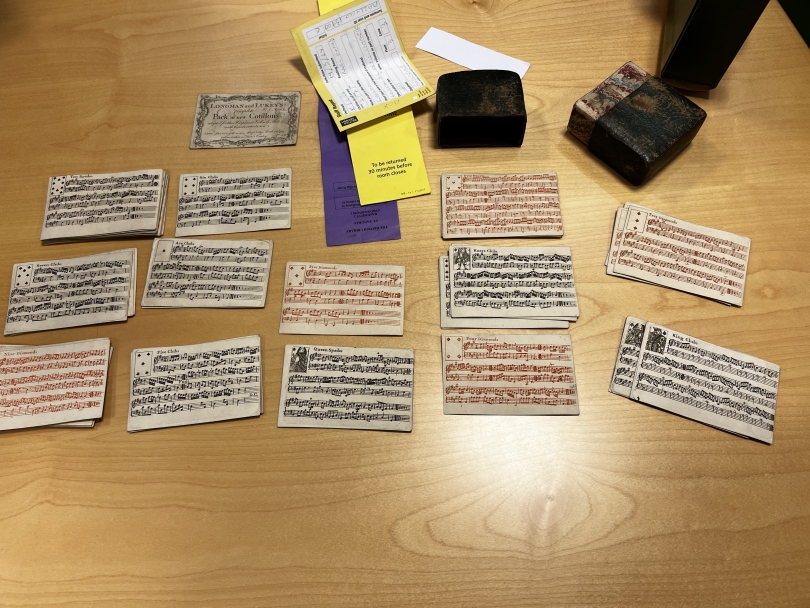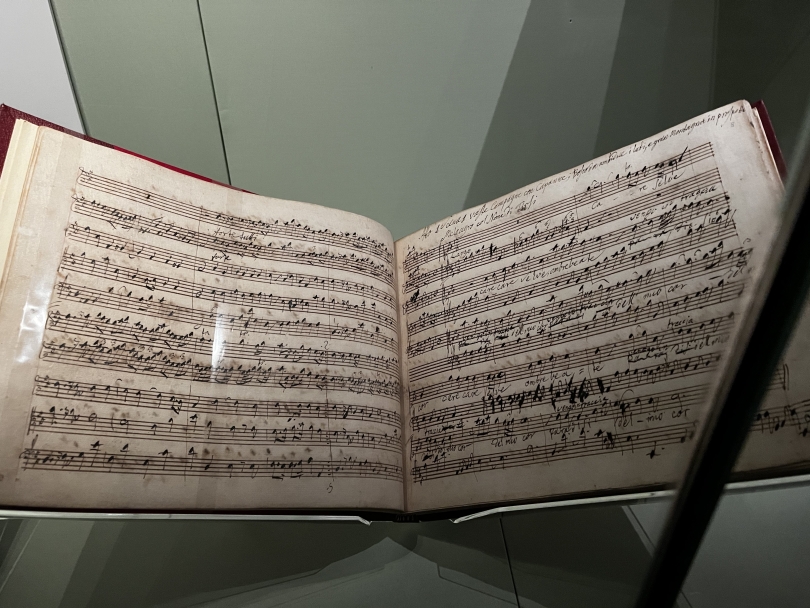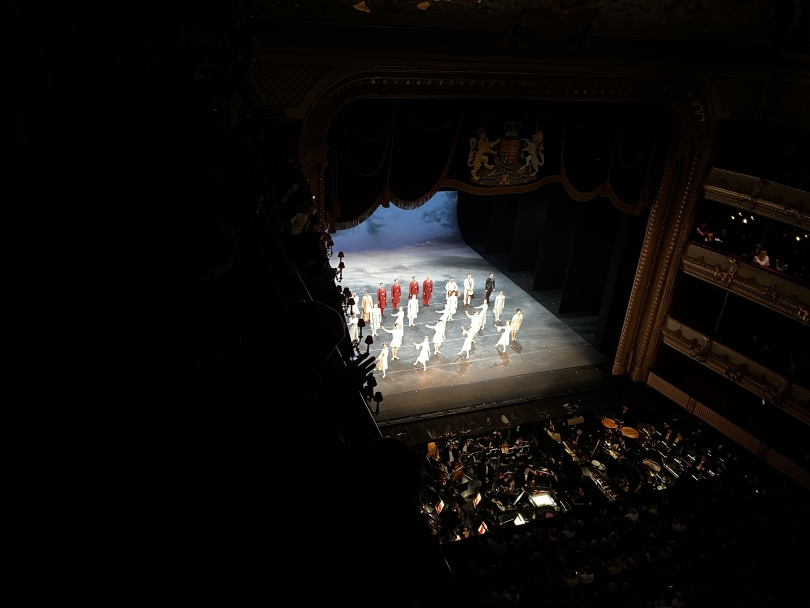
Takeaways From the Dartmouth Study Abroad Experience
It's hard to believe that my time in London is almost up! It feels, like most Dartmouth terms, that I've been here for both a lifetime and only a couple of days. I've learned so much about the world of professional musicians and the breadth and scope of music! From watching a sound installation with automated hammers hitting mallets to listening to the legendary conductor Michael Tilson Thomas, there truly have been so many things that I would never have imagined I'd do. There's still so much more I want to do in London, but with the term wrapping up, it seems I'll have to leave some adventures for another visit if I can.
But generally, how does a Dartmouth Study Abroad experience differ from other schools, as well as life on campus? This program is the only study abroad experience I've had, but here are some things that I've noticed about the study abroad programs at Dartmouth:
- Classes can be more relaxed.
That doesn't mean that the classes are not rigorous. We've attended and studied 35 music events in the span of nine weeks (that's almost four a week!), each one several hours long. At this moment, my class and I are preparing for our upcoming class performances, in which we perform both ensemble and solo works that we've been working on all term—the practice rooms are packed! However, the classes and our professors made exploring the city and our new environment a priority of the study program, meaning that we had ample time to enjoy exploring London and the UK. I personally really enjoyed visiting the Seven Sisters Cliffs on a free weekend, as well as going to Edinburgh, Scotland, for my mid-term break. It's a very different energy to the "go-go-go" intensity of a Dartmouth term on campus, which was a great-appreciated break.

- It is only as long as a Dartmouth term (10 weeks!)
The FSP is only 10 weeks, a standard Dartmouth quarter instead of a semester—like most other colleges. As a result, our study abroad experience may be a shorter offer than other colleges. We do so much in those ten weeks that, now that I'm at the end, I'm pretty ready to go home. However, for those looking for a lengthier experience, subject-focused FSPs are only as long as a short Dartmouth term, just over two months. However, to compensate, many students at the school do multiple study abroad programs (which is more than possible), or utilize the exchange program and its (sometimes) longer length. For example, the Yonsei University exchange program in South Korea has students stay one full semester. This depends on the school, however!
- Your class cohort is your tightest circle.
Since the FSP group is taking all three classes together, you get to know your fellow students in your cohort pretty well! There isn't much opportunity on campus to see the same people this often, so it's been cool to have that experience and to get to know my classmates better than I usually would. However, since we do so much together, it means that immersing yourself in local communities and settings becomes a more proactive outcome. This initial level of immersion depends on the program, as some programs will have host families or take place in smaller cities. However, from my experience, I realize now that I could have challenged myself to involve myself more and learn more about London.

- The program can have some hiccups.
Especially after the COVID-19 pandemic, many study abroad programs are still finding their footing. Our program was only the second one of its kind since the pandemic lockdown, and Dartmouth experimented with the settings; our residential building was much further out from the city, practice room securities were uncertain, and budgeting on the program's part was a constant puzzle. I'm sure that once the programs resettle after the pandemic, things will run more smoothly—both for the students and the organizers.
- It's a once-in-a-lifetime opportunity that I'm so grateful to have done!
I've seen operas, ballets, musicals, symphonies, sound installations, string quartets, free improvisations, jazz, and so much more! It's so exciting to know that I'll look back on this time as a great expansion in my conception of music. I've written a composition for the first time with my friend, memorized my pieces for the first time in a long while, and am more determined to learn how to become a better musician and perhaps even a composer. I'm so glad that I've been on this journey, and I'm excited to see what more adventures Dartmouth has in store!


















